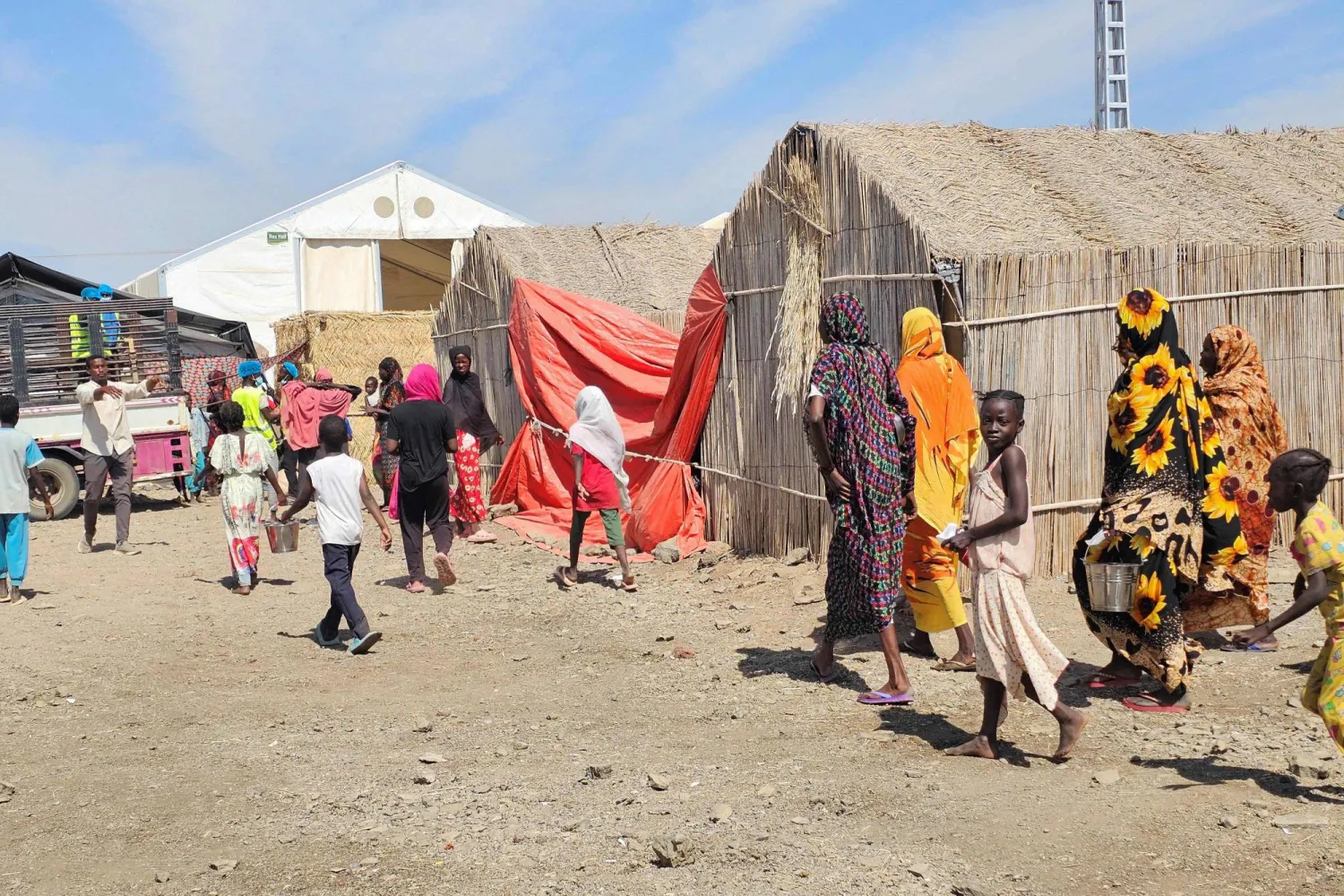Political and media circles in Egypt welcomed Friday President Abdel-Fattah El-Sisi’s call for a political dialogue among the country’s political forces.
At a meeting held a day earlier with journalists and talk show hosts, the Egyptian President said his country needs a comprehensive political dialogue compatible with the notion of building or launching the new republic.
Journalist Emad El-Din Hussein, editor-in-chief of Al-Shorouk newspaper, told Asharq Al-Awsat that Sisi’s invitation for dialogue reveals that the Egyptian state is now consolidated and strong and that any future development requires cooperation between the country’s forces at several levels, including the need to hold a political dialogue.
Hussein, who attended the meeting with the president, said Sisi’s speech also aims to tackle a new and different future for Egypt through holding a joint dialogue between parties, civil society, and political forces within the framework of the new republic.
Also, Atef Maghawry, a member of the Egyptian Parliament and vice president of the Democratic Gathering, welcomed the President’s speech.
He told Asharq Al-Awsat that Sisi’s invitation for dialogue is considered the foundation of the new republic and its achievements.
“If this new republic is not protected by political dialogue, it will be threatened in the future,” he said, adding that any economic and social achievements must be protected by a strong political structure based on the participation of all parties.
For his part, Dr. Abdel Moneim Saeed, a political analyst and a member of the Senate, said he was surprised by Sisi’s call for political dialogue.
Speaking with Asharq Al-Awsat, he said the Egyptian President had always paid attention to the file of economic reform.
According to Saeed, Sisi had not raised the issue of political dialogue, although the president previously referred to it when speaking about his hopes to hold an open discussion on education, health, culture, and political issues.
“What is new this time is that Sisi mentioned the word political dialogue and linked it to the new republic,” Saeed stressed.
Two days ago, IMF managing Director Kristalina Georgieva said that she sees conditions for the Egyptian economy worsening.
According to Hussein, Sisi’s call for dialogue is not the result of political pressure or an economic crisis, as some claim.
He said Egypt was never forced to implement the demands of external forces.
“The Egyptian State is now more stable on the security and social levels and despite difficult economic conditions, Cairo is implementing a strong economic reform plan capable of facing all difficulties,” he stressed.
For his part, Saeed said that any political dialogue in Egypt has two parts: The first is related to the need of passing and reviewing several laws, especially regarding equality, discrimination, and personal status issues.
As for the second part, he said it is related to political openness, freedom of expression, and the principles of transparency and accountability.
“There is a need for the country’s political forces to turn words into actions and to set an agenda and rules for political dialogue, and bases for discussion,” he said.









